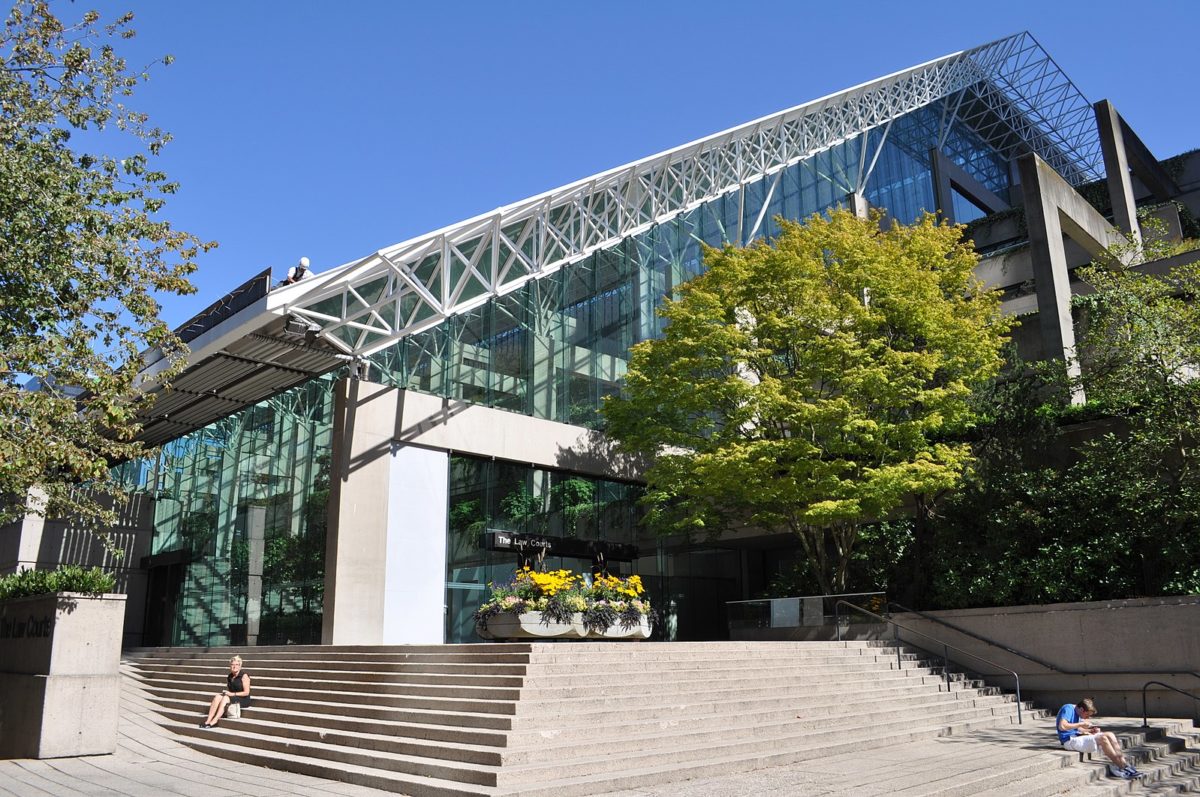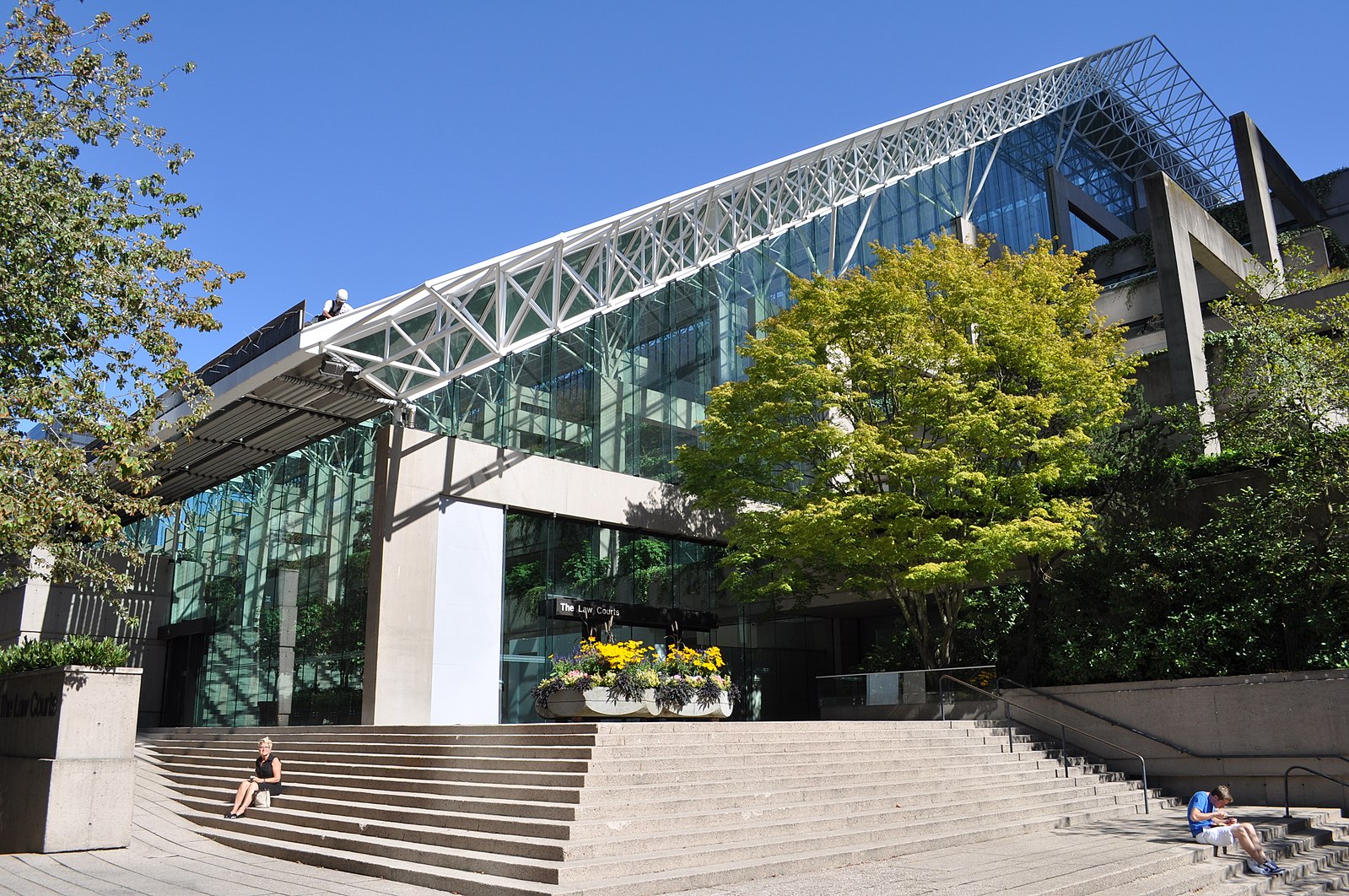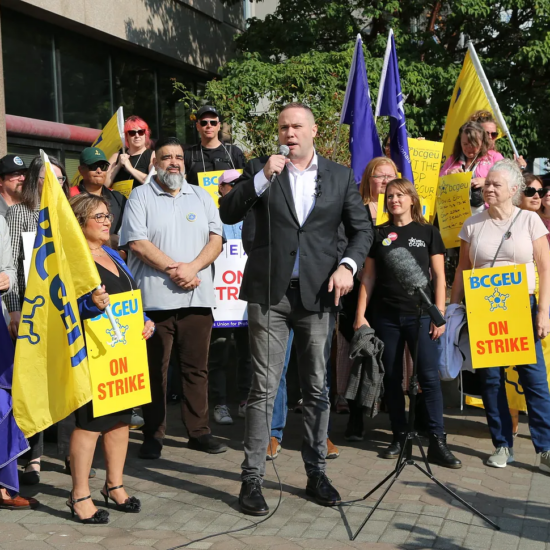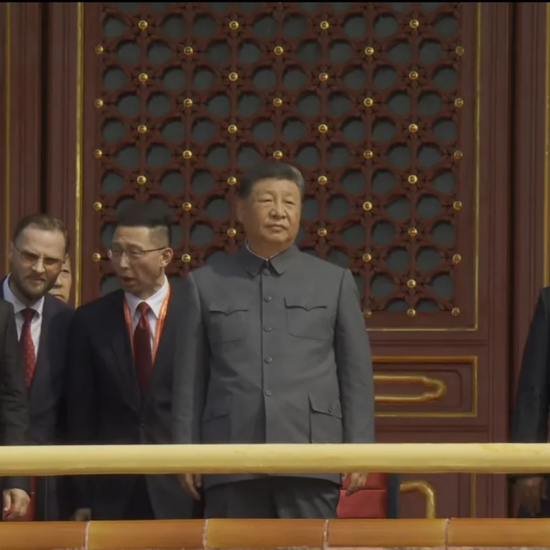
Bob Mackin
British Columbia’s tax on foreign real estate buyers is not racist and it does not breach the Canadian constitution according to a B.C. Supreme Court judge’s Oct. 25-released ruling.
Jing Li, a Chinese citizen living in Burnaby, agreed to pay $559,000 plus $27,995 GST for a condo in Langley on July 13, 2016, two weeks before the BC Liberal government-imposed 15% tax on foreign buyers in Metro Vancouver went into effect. The new tax amounted to an extra $83,850 on her condo. Li completed the purchase, including all applicable taxes, on Nov. 18, 2016.

Law Courts Vancouver (Joe Mabel)
“The plaintiff says that the main deleterious effects of the tax are, firstly, the reinforcement and perpetuation of the widely held view that foreign nationals and especially Chinese buyers are the cause of housing affordability and, secondly, the impediment to foreign nationals, especial Chinese persons, to immigrate and reside in the [Greater Vancouver Regional District],” wrote Justice Gregory Bowden. “I accept the defendant’s response to those arguments. The view that foreign nationals significantly contributed to the escalation of prices of housing in the GVRD is neither a stereotype nor a continuation of racist policies from the past. The experts have agreed that the inflow of foreign capital has significantly contributed to price increases in the GVRD.”
In her case against the B.C. government, Li was represented by four lawyers, including Joseph Arvay. Bowden heard arguments over 21 court days between June 2018 and April 2019.
Bowden’s Oct. 24 ruling found that behind the B.C. government tax measure was “a pressing and substantial objective, namely, the reduction of the demand by foreign buyers for housing of all types in the GVRD so as to make housing more affordable.”

Andy Yan (SFU)
Li failed to establish the tax breached section 15 of the Charter of Rights and Freedoms, which says every individual is equal under the law and is legally protected from racial or national discrimination. She had argued that foreign buyers from Asian countries, particularly China, were disproportionately affected because they are the largest group of immigrants in the region and more likely to purchase real estate than others.
“The plaintiff has not established that the tax impedes the ability of someone, whether a Chinese national or other nationality, to immigrate and reside in the GVRD,” Bowden wrote. He relied on expert evidence from Simon Fraser University Prof. Andy Yan.
“It is also notable that there was overwhelming support for the Tax among Asians living in Greater Vancouver. Prof. Yan states that Canadian citizens or permanent residents of Vancouver of Chinese descent are equally impacted by housing unaffordability and equally will benefit from any measures that improve affordability. He states that, in opinion polls taken after the announcement of the tax, 89% of Asian residents in Greater Vancouver indicated support for it. In this context, it cannot be said that the tax perpetuates an Asian disadvantage.”
The B.C. NDP government, which succeeded the BC Liberals in July 2017, increased the foreign buyers’ tax to 20% in February 2018 and expanded it to cover the Capital Regional District, Central Okanagan Regional District, Fraser Valley Regional District and Regional District of Nanaimo.
British Columbia is not alone. Taxes on the inflow of foreign capital have been imposed in other jurisdictions. Bowden noted Hong Kong, Singapore, Israel and three states in Australia that introduced higher property transfer taxes or stamp duties. New York City and the State of Florida also imposed different rates based on citizenship. Switzerland has restricted the number of homes that can be owned by non-Swiss persons, while Mexico, Prince Edward Island and Saskatchewan have restricted purchases by non-residents of certain types of property such as oceanfront or farmland. Ontario imposed a 15% additional property tax on foreign nationals and foreign corporations within the Greater Golden Horseshoe.
Bowden ruled that the benefits of the tax outweighed any of the suggested harms of the tax, and are “proportionate to the objectives” of the government. Even if it had breached the constitution, Bowden wrote, “it is a reasonable limit justifiable in a free and democratic society.”
Support theBreaker.news for as low as $2 a month on Patreon. Find out how. Click here.











